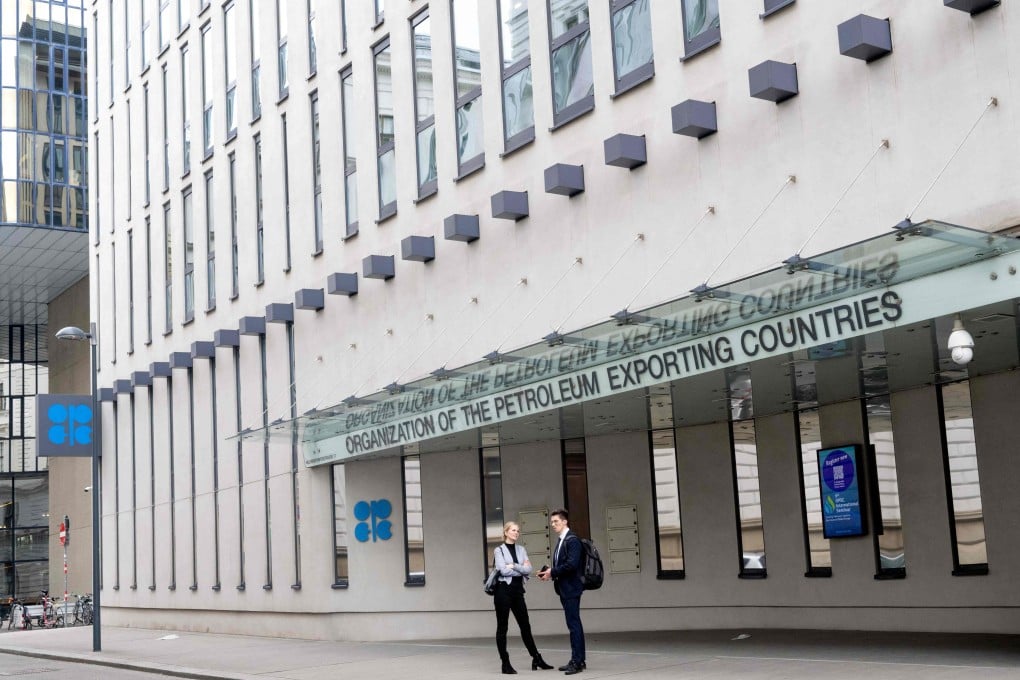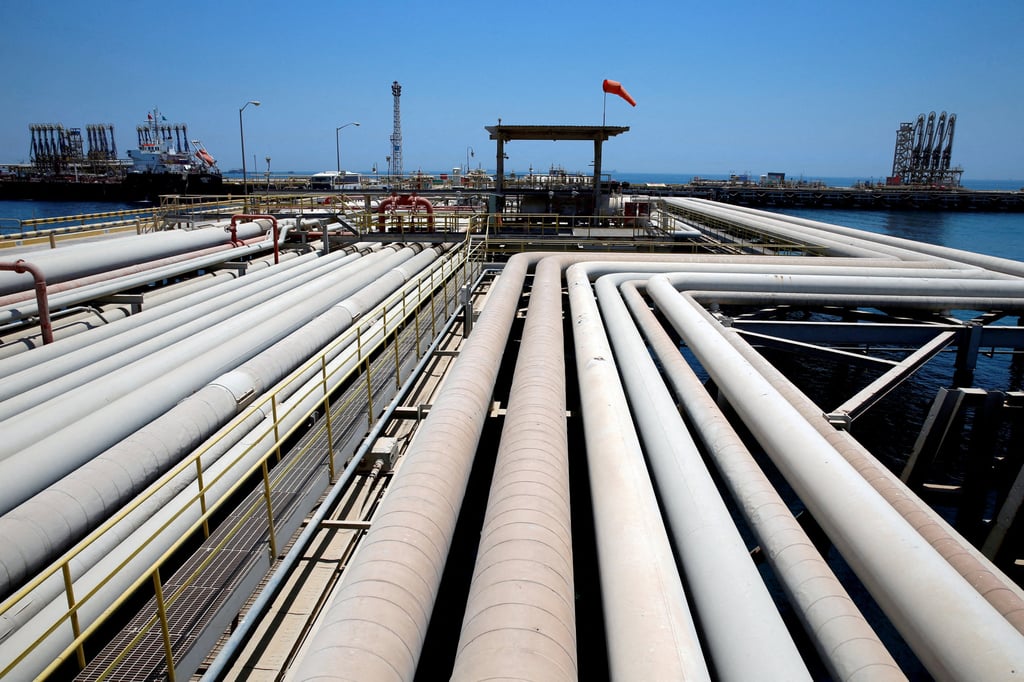Opec+ agrees on sharp increase in July oil production to deepen price slump
The organisation will raise output by 411,000 barrels a day for the third month in a row, as it doubles down on policy shift

Opec+ has agreed to surge oil output by 411,000 barrels a day for the third month in a row, doubling down on a historic policy shift that has sent crude prices sinking.
Key nations led by Saudi Arabia agreed during a video conference on Saturday to add that amount to the market in July, according to delegates. The surge follows equally sized increases scheduled for May and June, marking a clear break with years of efforts by the group to support global oil prices.
“Opec+ isn’t whispering any more,” said Jorge Leon, an analyst at Rystad Energy A/S, who previously worked at the Opec secretariat. “May hinted, June spoke clearly, and July came with a megaphone.”
In a statement issued after the meeting, Opec+ cited a “steady global economic outlook and current healthy market fundamentals, as reflected in the low oil inventories” as its reasoning for the July increase.
While there was ultimately a consensus for the July increase, some members expressed reservations. During Saturday’s discussions, Russia was among members that recommended a pause in the supply increases, delegates said, asking not to be named because the information was private.
Oil briefly crashed to a four-year low under US$60 a barrel in April after the Organization of the Petroleum Exporting Countries (Opec) and its allies first announced that they would bolster output by triple the scheduled amount, even as faltering demand and President Donald Trump’s trade war were already crushing the market.
